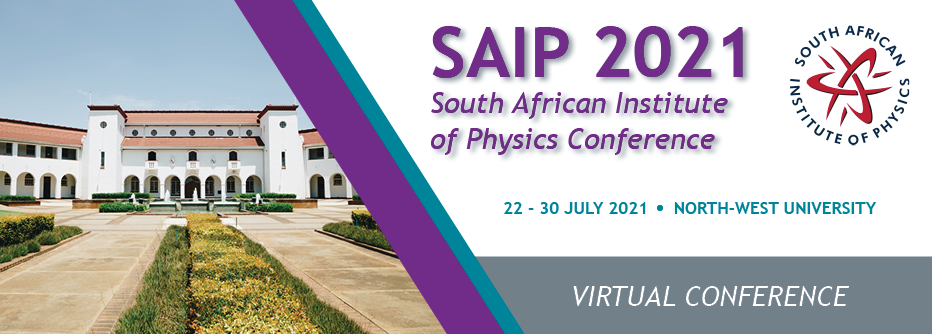Speaker
Description
Entangled photon pairs are employed in quantum ghost imaging to facilitate an alternative image acquisition method. Individually, the information contained in each photon does not allow for image reconstruction, however, the image can be reconstructed by harnessing the power of the correlations that exist between the entangled photon pair. Interestingly, these photon pairs can be either degenerate or non-degenerate in nature. Non-degenerate, or dual-wavelength, ghost imaging offers the ability to image with wavelength bandwidths where spatially resolving detectors are impractical or ineffective. Due to the scanning nature of the technique and the inherent low light levels of quantum experiments, imaging speeds are rather unsatisfactory. To overcome this limitation, we propose a two-step deep learning approach to establish an optimal early-stopping point for the experiment while preserving all necessary object information. Step one enhances the reconstructed image after each measurement and employs a deep-convolutional autoencoder, while step two recognises the image after each measurement by a neural classifier. We achieved a recognition confidence of 75% at 20% of the image reconstruction time, hence reducing the time 5-fold while preserving the image information. This, therefore, leads to a faster, more efficient image acquisition method. We tested our method on a dual-wavelength imaging system however, our procedure can be extended to many such systems that are of quantum nature. We believe that this novel deep learning approach will prove valuable to the community who are working towards real-time ghost imaging.
Apply to be considered for a student ; award (Yes / No)?
Yes
Level for award;(Hons, MSc, PhD, N/A)?
PhD

